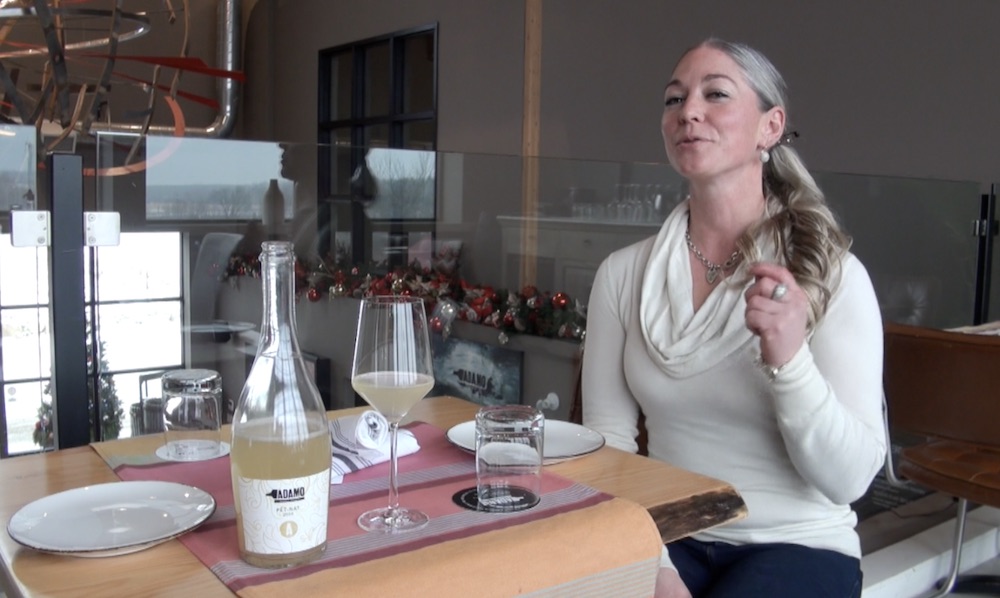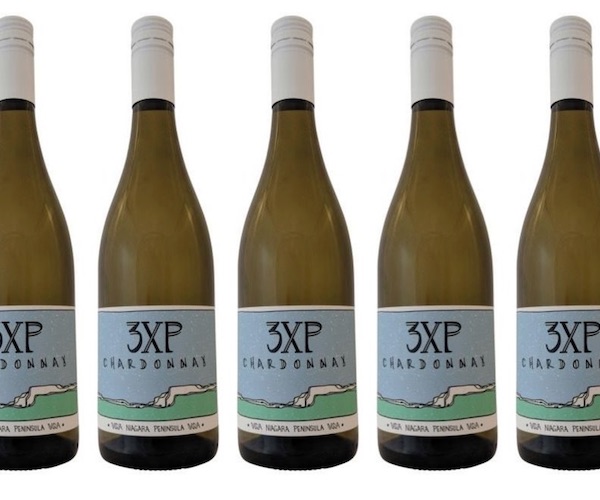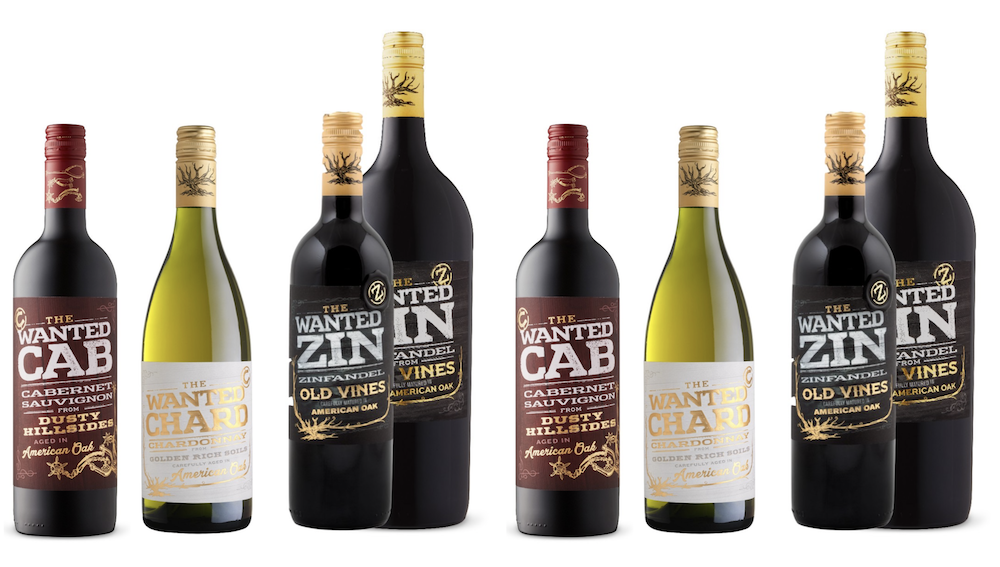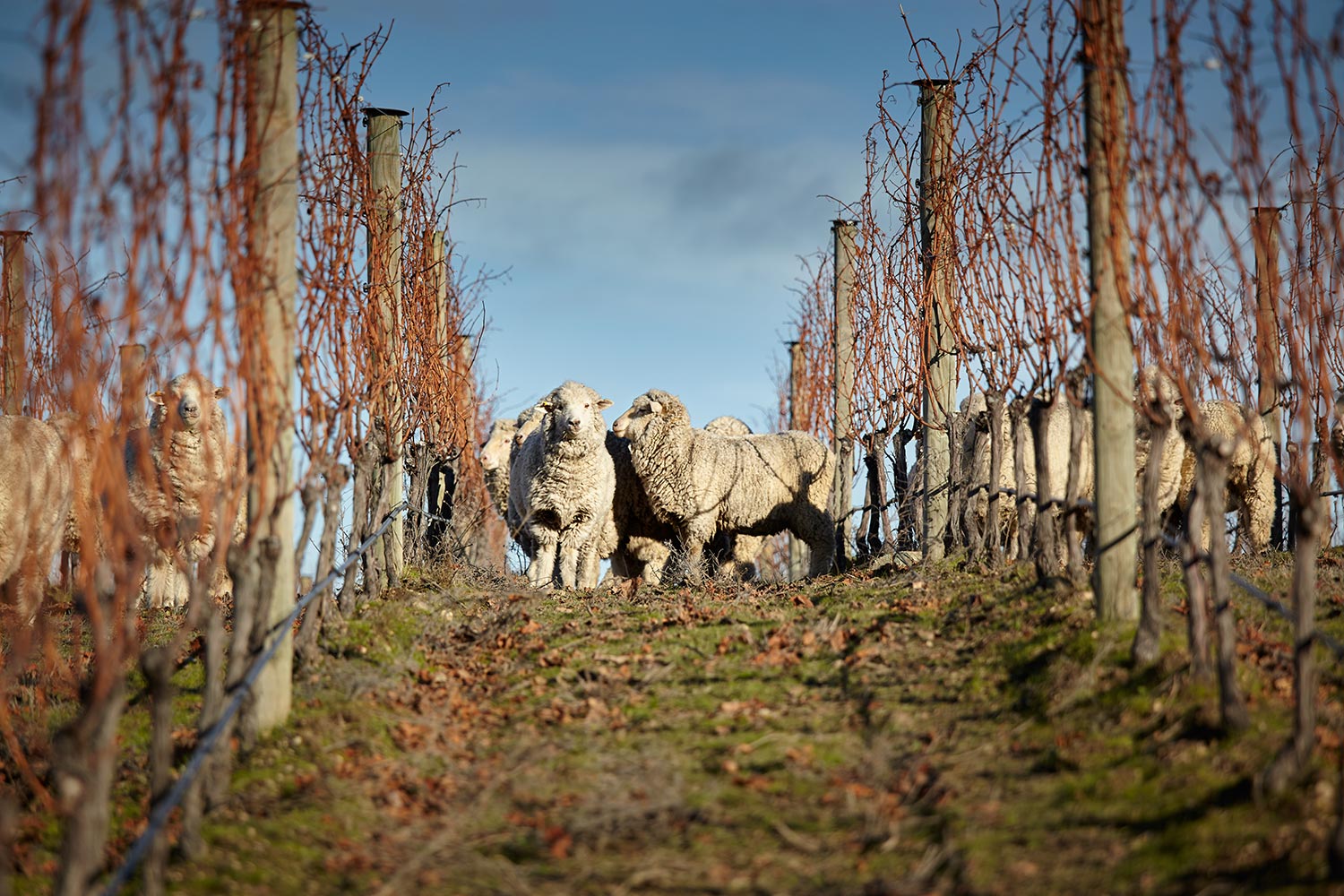
Photo credit: Organic Wine New Zealand
Sustainability is the new buzz word for conscientious wineries. This is not to say that sustainable viticulture and winemaking is a recent development, just that messaging to consumers has become far more pervasive.
This upswing in sustainable wine talk, while laudable, has also created a certain amount of confusion amongst wine lovers. Organic, biodynamic, sustainable… where does one practice end and the other begin?
Unfortunately, there are no simple answers. There is also a fair amount of overlap. Many sustainable wineries practice organic viticulture, and numerous organic producers also farm biodynamically or observe certain biodynamic principles.
Thankfully, certain wine regions have taken pains to clarify matters; New Zealand is a fantastic example.
New Zealand is a leading light in wine industry sustainability. The country’s wineries first made sustainable wine headlines when they announced their ambitious plan to be net carbon zero by 2050. New Zealand was also the first to develop a nation-wide sustainability certification programme: Sustainable Winegrowing New Zealand™ (SWNZ). Today, a whopping 96% of New Zealand’s vineyard area is SWNZ certified.
At the producer level, sustainability means crafting quality wine, in an economically viable and socially responsible manner, while protecting the environment for future generations. Organic and/or biodynamics comes into play when we consider this third, environmental pillar of sustainability.
Organic viticulture starts with the elimination of all synthetic chemical fertilizers, pesticides, and herbicides. The organic conversion process takes three years, and in New Zealand, these efforts are championed by grower-led organization, Organic Winegrowers New Zealand (OWNZ).
“Organic producers are careful co-creators with nature,” explains the OWNZ. “We build healthy vines by building healthy soils, and by nurturing a diverse, rich community of plants, soil, insects, and microorganisms”.
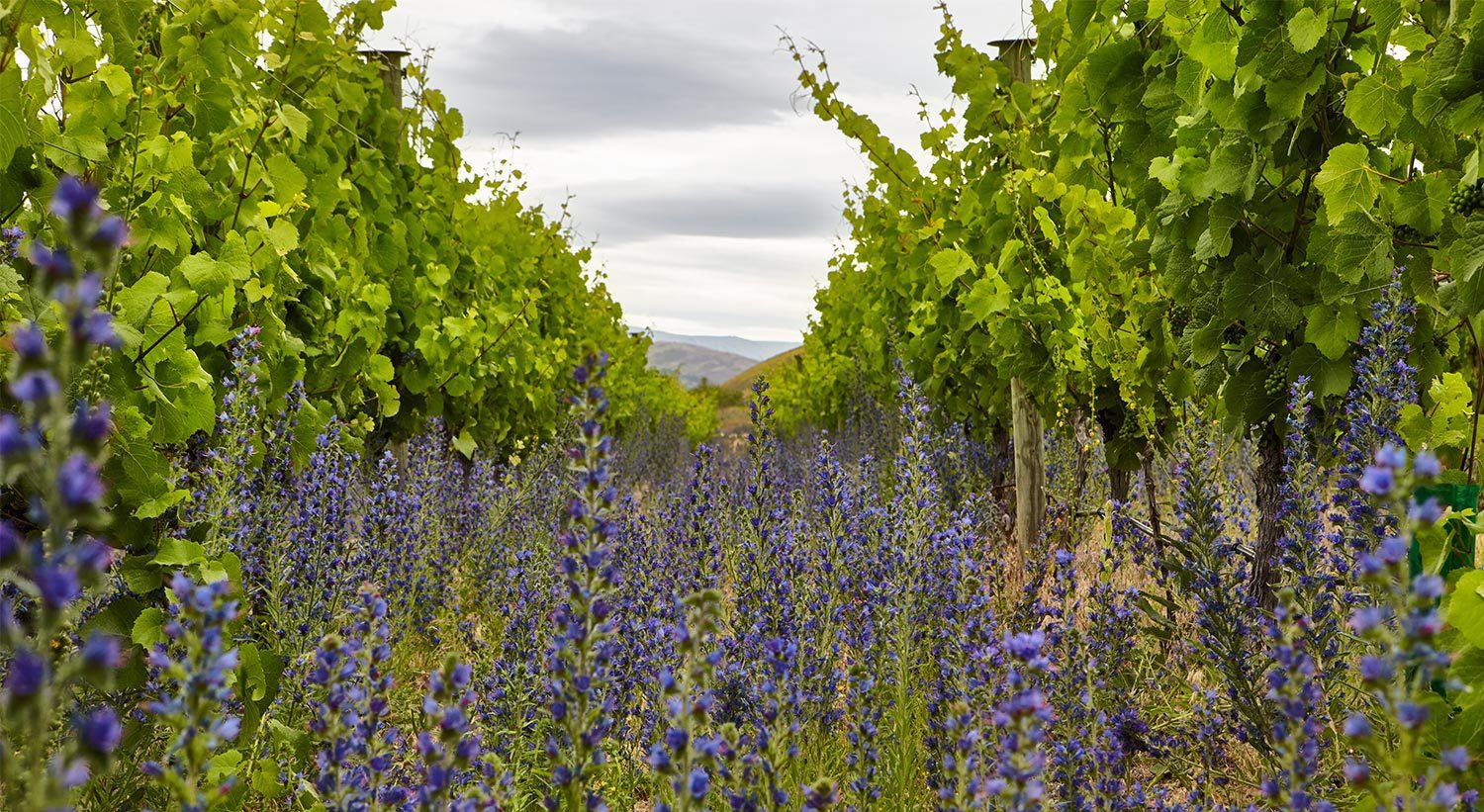
Photo credit: Organic Wine New Zealand
To date, a little over ten percent of New Zealand’s wine producers hold organic certifications, mainly from the country’s largest organic certifier, BioGro. This may not seem like a significant figure now, but the movement is gaining major momentum.
“There has been a big surge since 2018” affirms Jared White, Audit Manager for BioGro. “Of the 2,418 hectares currently farmed organically, 18% are currently in conversion”. While most organic producers have smaller vineyard holdings than the national average, major producers like Pernod Ricard New Zealand, Yealands, and Villa Maria are making increasing organic inroads.
Villa Maria has converted over 100 hectares of their company-owned vineyards to organic winemaking. They aim to be entirely organic by 2030. “We are motivated to further enhance the health of our soils and environment so we can reap the rewards of beautiful fruit for years to come” explained Villa Maria’s viticulturalist, Hannah Ternent, in the The Drinks Business.
But what does organic wine production look like in practice? In the Central Otago, where an impressive 25% of vineyards are farmed organically, top wineries are keen to share their wisdom. From precise canopy management, to carefully selected cover crops, to organic composts made from winery waste, the team at Felton Road employs a wide variety of techniques to boost vine and soil health. They also limit their water usage by using mulches and monitoring soil moisture levels.
Organic production does not stop at the winery doors. In organic certifications, winery additives like cultured yeasts and sulphur are carefully controlled, and genetically modified organisms are prohibited. Using only native yeasts and minimal sulphur is a point of pride for many organic producers. Marlborough-based estate, Seresin, feels that their organic vineyard cultivation, and use of only wild yeasts, are integral factors making their wines “uniquely expressive of their origins and their vintages”.
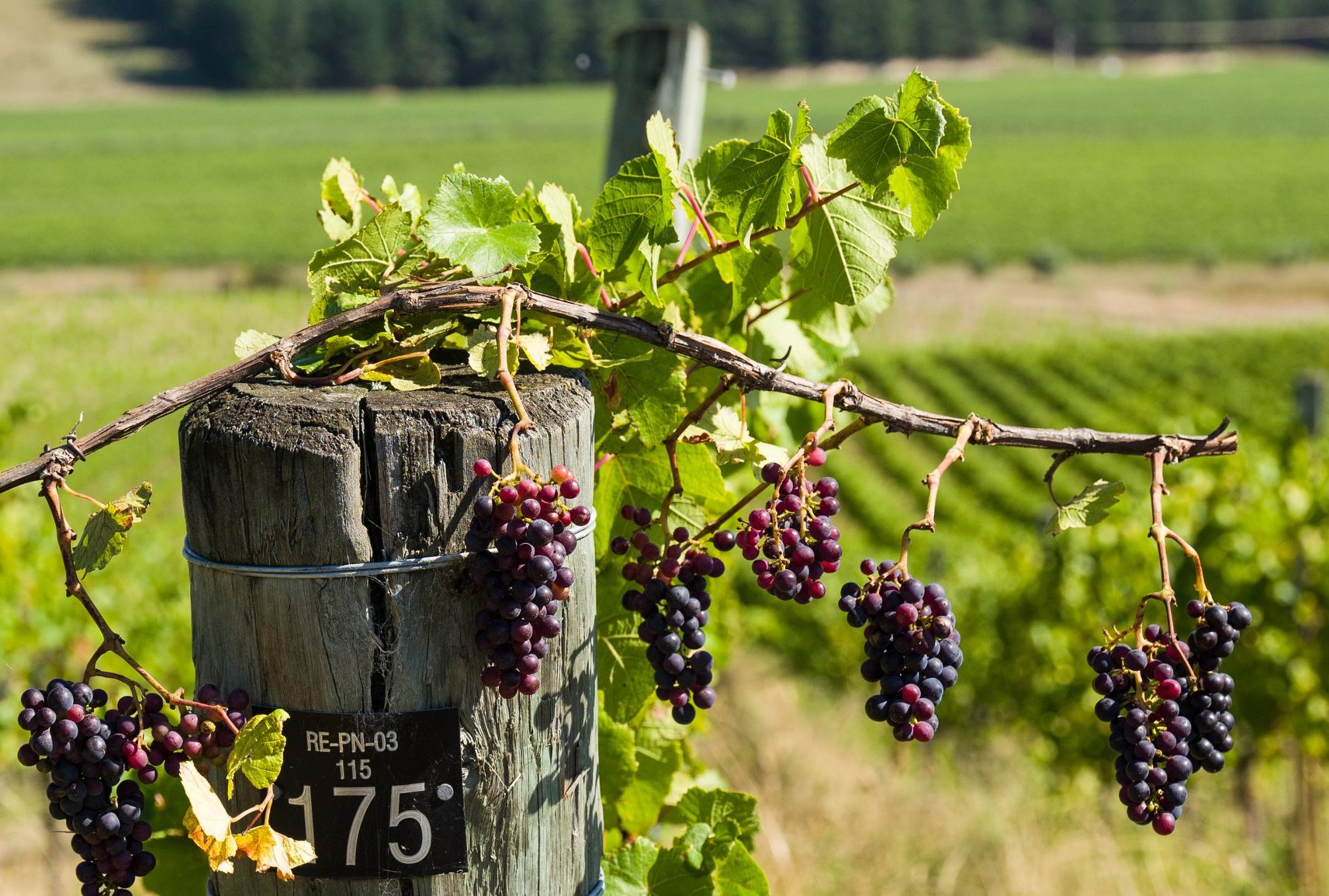
Pinot Noir grapes at Seresin Estate
Of course, New Zealand is far from the only wine-producing country with a growing commitment to organic wine. When asked what sets them apart, BioGro’s Jared White was quick to reply. “There is a lot of support and information sharing here. OWNZ also offers a mentoring program, and they do in-depth research, providing a wealth of data for growers”.
One such research project was an organic conversion study, following selected vineyards through the process in three growing areas (Marlborough, Central Otago, and Hawkes Bay). OWNZ undertook regular soils analyses and pest and disease monitoring, among many other parameters measured. The findings from these projects are invaluable tools for new producers looking to embark on the process.
Continuous improvement, a mindset heavily espoused in sustainability circles, is central to the organic wine movement in New Zealand. A requirement to demonstrate biodiversity enhancement – currently only required in Canadian organic standards – is in the works.
The sector is also moving towards national regulations. This will allow producers to access equivalency arrangements with organic wine programmes abroad. At present, New Zealand wine growers are obliged to adhere to organic regulations in the country of export.
Here in Canada, if an organic wine from New Zealand, certified by BioGro, doesn’t also meet the guidelines set out by the Canada Organic Regime, they cannot market their wines as organic.
Seeking out New Zealand’s organic wines is worth the effort though. The environmental benefits are numerous and, according to Villa Maria’s Hannah Ternent, there is another advantage. “Wines made from organically grown grapes have more intense flavours… you can taste the care put into the soil, the careful handling of the fruit, and the respect for our relationship with the land”.
Curious to put this claim to the test? Here is a list of OWNZ accredited members with wines regularly available across Canada:
Fully Organic (producing all/most of their wines solely from organic or biodynamic grapes)
Carrick, Churton, Clos Henri, Dog Point Vineyard, Felton Road, Quartz Reef, Rippon, Seresin, Supernatural Wine Co., Two Paddocks, Burn Cottage Vineyard, Neudorf Vineyards, Pyramid Valley, Te Mania
Partly Organic (producing some wines from organic or biodynamic grapes and/or vineyards in conversion)
Amisfield, Babich, Giesen, Loveblock, Pernod Ricard New Zealand, Villa Maria, Wither Hills, Yealands



